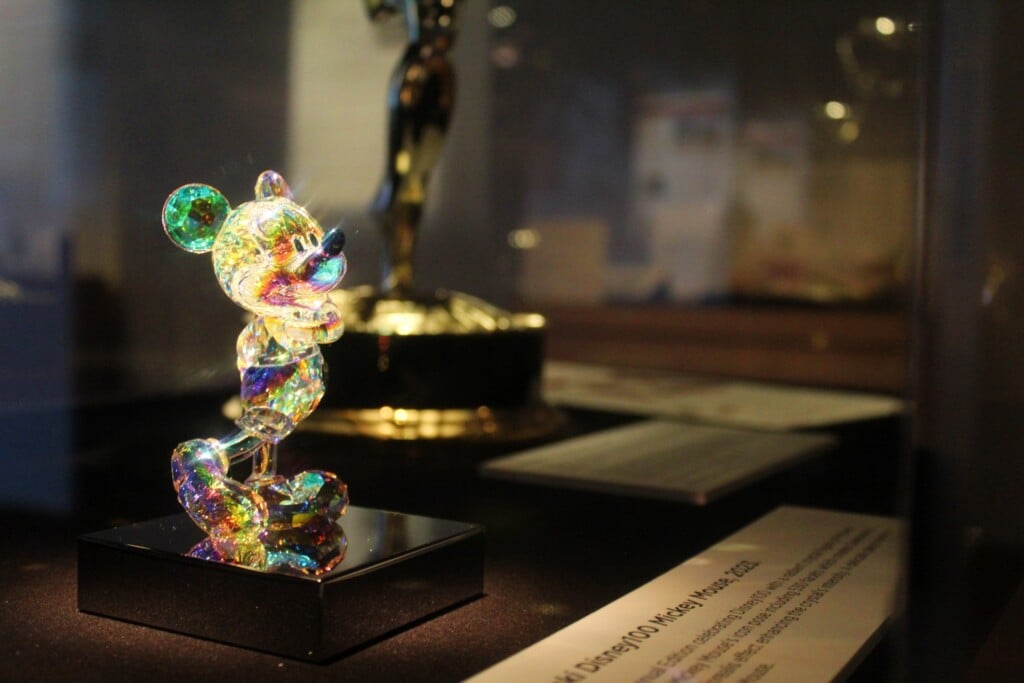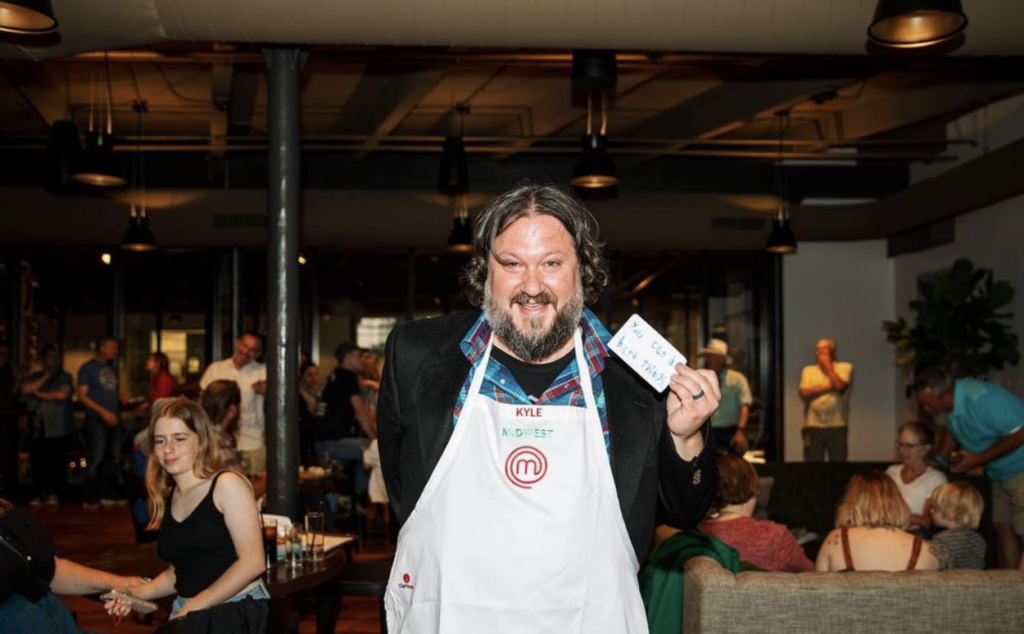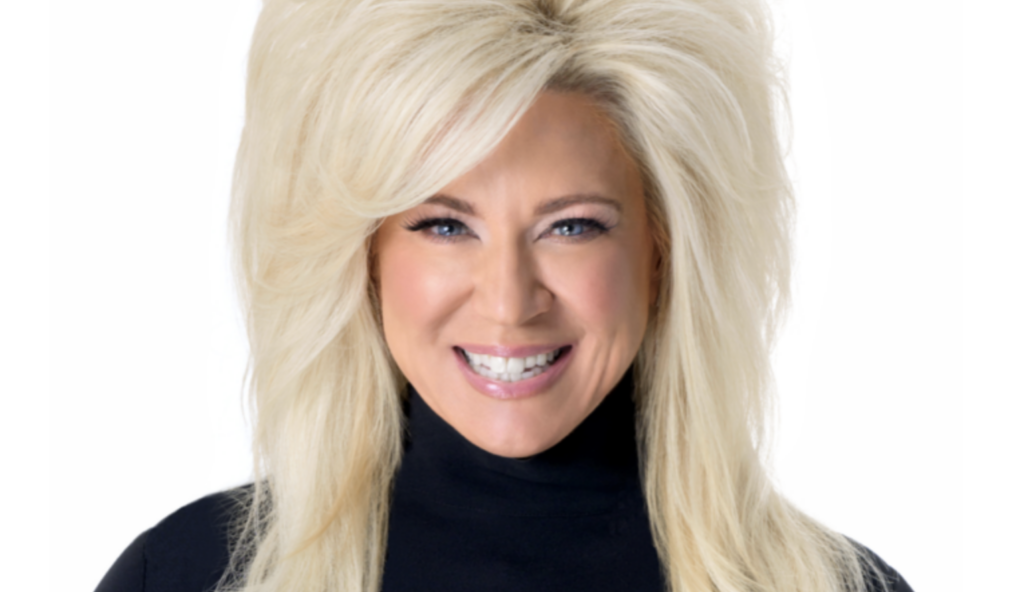Hue and Cry
As a child, a friend of mine of Italian heritage was warned to stay out of the sun, lest he get too dark. Hispanic, Jewish and African-American mothers (and it always seems to be mothers) have issued similar edicts. It seems there’s an unspoken rule about skin color: the darker the shade, the shadier the character — ugly, even.
So much for a rainbow coalition.
Pulitzer Prize finalist Dael Orlandersmith nearly won that prestigious award for her play Yellowman, currently at the Unicorn Theatre. The play is a thoughtful, if stagy, comment on intraracial prejudice within the black community, a bias that slides all over the color wheel, not just in the one direction you might think. And here, it’s a black-on-black attack that is just as pernicious as interracial prejudice.
Brad Shaw directs the Unicorn’s production with Karen Cline-Wright playing Alma, a dark-skinned, big-boned woman; and Walter Coppage as Eugene, so light-skinned that his father constantly berates him for being “yella.” They meet as kids, staging their own melodramas on the playground: Batman for him, rhythmic hand-clapping games for her. The actors manage to skirt the cringe-inducing sight of adults playing little kids; when they come together, Alma is disgusted at having to play a deferential Catwoman. But there’s something about Eugene that makes her swallow her pride.
Alma and Eugene eventually fall in something like love, though it’s not consummated until she moves to New York. He stays behind in South Carolina until his longing grows too strong. They maintain a long-distance relationship that gives Alma, in one of the play’s few moving episodes, a heretofore absent sense of wholeness. After years of doubt and self-hatred, she positively glows, saying, “I can’t believe how gorgeous I feel.” It’s a testament to Cline-Wright’s skills that we’ve known it all along.
For a play about two interesting people and how they bond despite — or because of — their persistent demons, Yellowman keeps to a minimum the dialogue between Alma and Eugene. The show is written mostly in ping-ponging monologues to the audience, a style of theater that flops as often as it works. Orlandersmith’s odd resistance to having her couple actually look at each other, much less interact, makes me wonder if she can write scenes. There’s a writing-class narrowness that undercuts the themes.
Shaw’s direction is unfortunately in sync with the author in this regard. Galen Prejeau’s set is an organic blank slate — all earth tones and smooth arcs — and there’s plenty of room to navigate. But the actors mostly stay on their platforms at either end. The result is a double negative — characters who don’t talk to each other stay as far apart as mortal enemies. And this in a tale of two people enamored with one another.
To make the point that intraracial prejudice starts in the nursery, the best Orlandersmith seems able to do is make both hurtful parents mirror images of each other — they both drink and say awful things with, in one case, tragic results. But in a show that already runs too long (95 minutes without intermission), the author repeatedly beats this dead horse of a different color. Hearing the insults ad infinitum doesn’t intensify their sting, though. Orlandersmith is playing a broken record.
One can debate the stiff writing, but not the actors’ ability to humanize it. Cline-Wright and Coppage are confident choices for Alma and Eugene as well as the characters on the fringe. Coppage is especially adept at playing Eugene’s streetwise friend. The voices are more distinct in their mouths than on Orlandersmith’s pages.
The author appeared in the play during its New York run and has unnecessarily asserted that she didn’t write it exclusively for African-Americans. (Is any play exclusively for anybody?) She has said, “On every human level, every group of people does this. It’s the kind of thing that makes Italian and Jewish girls go out and get nose jobs.” It’s a subject bubbling below the surface in many homes and neighborhoods, and there’s a really good play yet to be written about it.




